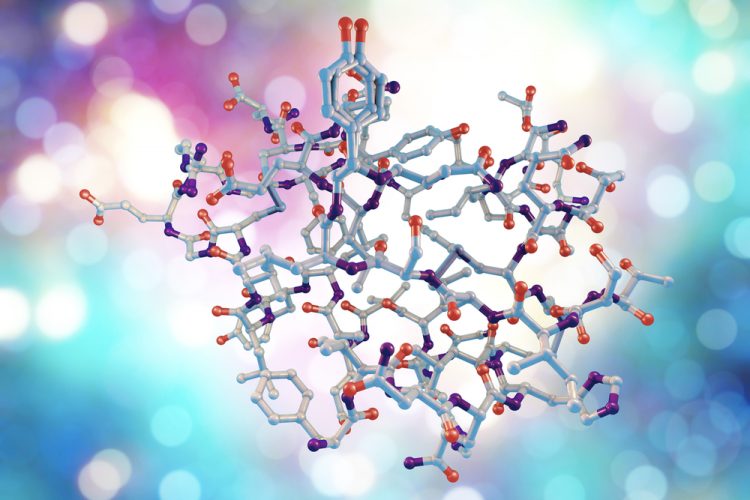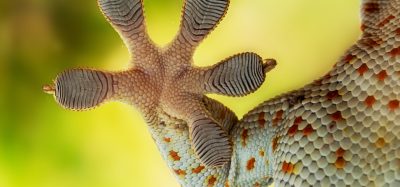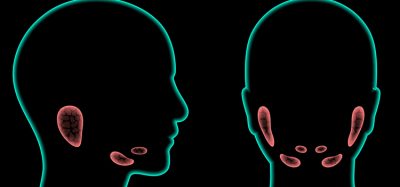Suppression of neuropeptide F extends longevity in flies
Posted: 17 October 2024 | Drug Target Review | No comments yet
The relationship between insulin and ageing in flies could have far-reaching implications for diabetes and obesity drugs for humans.


Insulin molecule.
Researchers at Brown University have found how a neuropeptide hormone produced in the gut of flies can control their lifespan. This could have far-reaching implications for new diabetes and obesity medications for humans.
Marc Tatar, study author and professor of biology affiliated with the Center on the Biology of Aging at Brown University, has investigated how the hormones insulin and insulin-like growth factors (IGFs) control ageing in flies for the past two decades. Tatar commented: “We know that reducing insulin, and reducing IGF signalling, slows ageing and extends lifespan in flies.”
Approaching the study of ageing from the perspective of ecology and evolutionary biology, scientists in Tatar’s lab have been studying neuropeptide F (NPF), an insulin-regulatory hormone in flies that is produced in the gut and secreted into circulation in response to diet.
Biomarkers aren’t just supporting drug discovery – they’re driving it
FREE market report
From smarter trials to faster insights, this report unpacks the science, strategy and real-world impact behind the next generation of precision therapies.
What you’ll unlock:
- How biomarkers are guiding dose selection and early efficacy decisions in complex trials
- Why multi-omics, liquid biopsy and digital tools are redefining the discovery process
- What makes lab data regulatory-ready and why alignment matters from day one
Explore how biomarkers are shaping early drug development
Access the full report – it’s free!
Genetic tools
In the new study, the team discovered a method to use genetic tools to lessen the ability of fly intestines to secrete NPF and therefore reduce insulin secretion.
The production of NPF in flies was mapped from the gut to the brain, to a pituitary-like tissue and then linked back to diet, which uncovered that suppression of gut NPF extends longevity in flies. Blocking the NPF receptors in the brain that control juvenile hormone also extends longevity in flies It was concluded that gut NPF modulates ageing of flies through the integration of nutrient sensing, insulin signalling and juvenile hormone production.
Moving forwards, the team are conducting further experiments to elucidate what happens when NPF secretion is increased, and therefore when insulin is increased, in flies. Tatar hypothesised that over-production of gut NPF in flies will have a negative effect on ageing and decrease lifespan.
Although NPF or juvenile hormone is not produced by humans, insulin, as well as gut hormones that regulate the production of insulin, are. These gut hormones include pancreatic polypeptide Y (PPY) and glucagon-like peptide-1 (GLP-1). Recently, there has been a surge of research on GLP-1 agonists, which mimic the incretin GLP-1 in humans and initiate insulin release in the pancreas.
The scientists believe that the relationship between insulin and ageing in flies could influence human ageing. “The fly is an excellent model for humans, but we need to progress the research from flies to mice and set up studies that look at GLP1-agonists and ageing,” Tatar concluded. “It will take years, but it’s important.”
This study was published in PNAS.
Related topics
Therapeutics
Related organisations
Brown University
Related people
Marc Tatar (Brown University)







